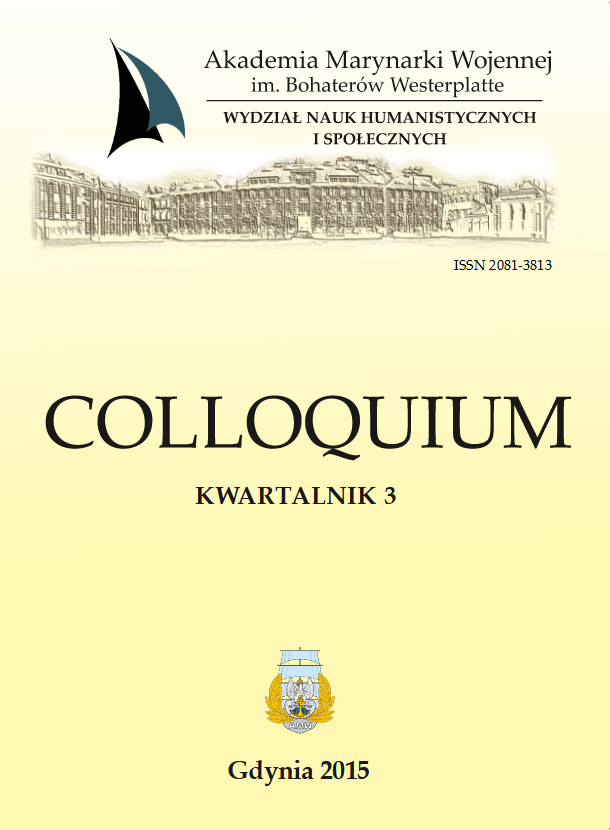MODERATE THEISM AS AN INTEGRATION OF CHRISTIAN THEISM AND ATHEISM. AN ATTEMPT AT A COMPARISON OF THREE APPROACHES TO THE EXISTENCE OF GOD
Keywords:
comparison of religions, Christian theism, atheism, moderate theism, death of God, God’s mercy, ontological argumentAbstract
The article compares three religious a comparison of three approaches to religion: Christian theism, atheism, and moderate theism – a concept built by the author of the article and presented in its first part. Moderate theism is one possible approach to the Supreme Being, within the framework of the classification formed by the intersection of two criteria: the beginning or a lack of the beginning of the existence of the Absolute and the end or a lack of the end of the existence of the Absolute. The author proposes the thesis that moderate theism, i.e. an approach which pre-supposes that the absolute does not have a beginning of its existence but that there is an end to it (it is eternal regressively but not eternal progressively) may be a concept which in a specific manner generalizes theism and atheism. What is more, a comparison of moderate theism with Christian theism and with atheism allows us to suppose that the concept of moderate theism avoids the weak points of both theism (i.a. the problem of reconciling human freedom and responsibility with the existence of a caring Good-shepherd, the problem of religious violence) and atheism (i.a. the problem of satisfying the existential need to exist after death, the problem of the ultimate justification of moral norms). The author also presents in his article a mercy-based argument for the current non-existence of God, which constitutes a philosophical justification of moderate theism.
Downloads
Published
Issue
Section
License

This work is licensed under a Creative Commons Attribution-NonCommercial-NoDerivatives 4.0 International License.






